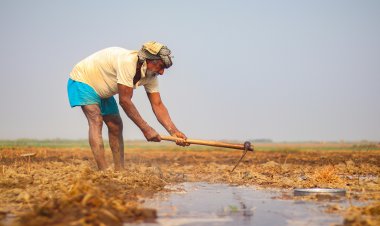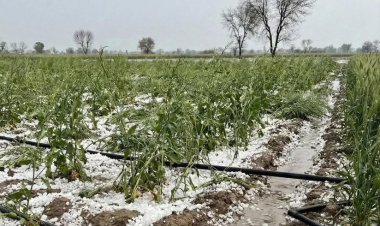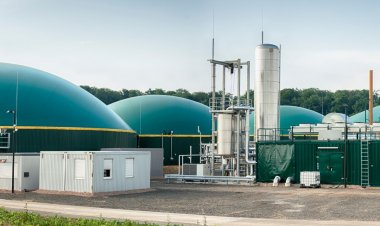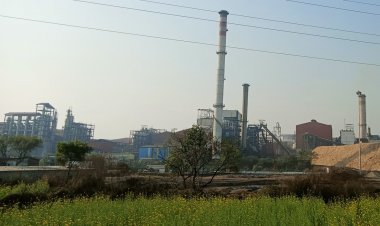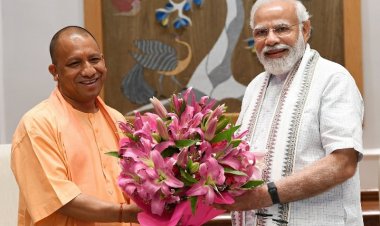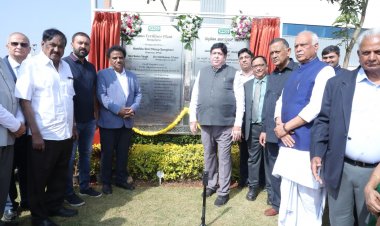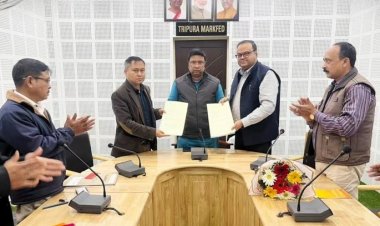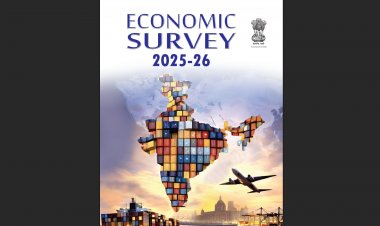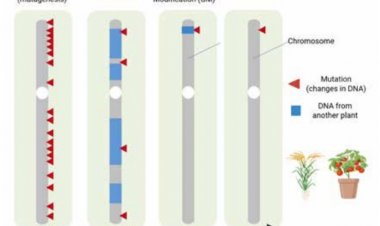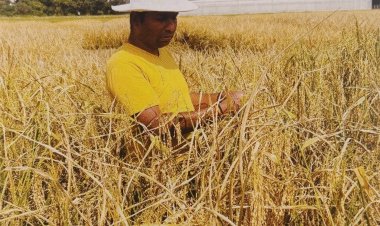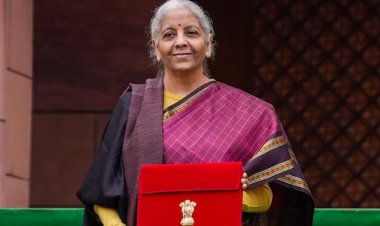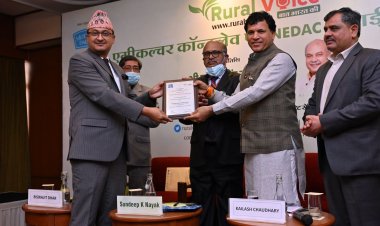Research, innovation and policy reforms needed for India to become a global wheat player
If India has to become a global leader in wheat production and increase its export, then there is a need to adopt technology, innovation and right policies. Shrinking land holdings and increasing population are a big challenge for India. In such a situation, it will have to increase production in a limited area.
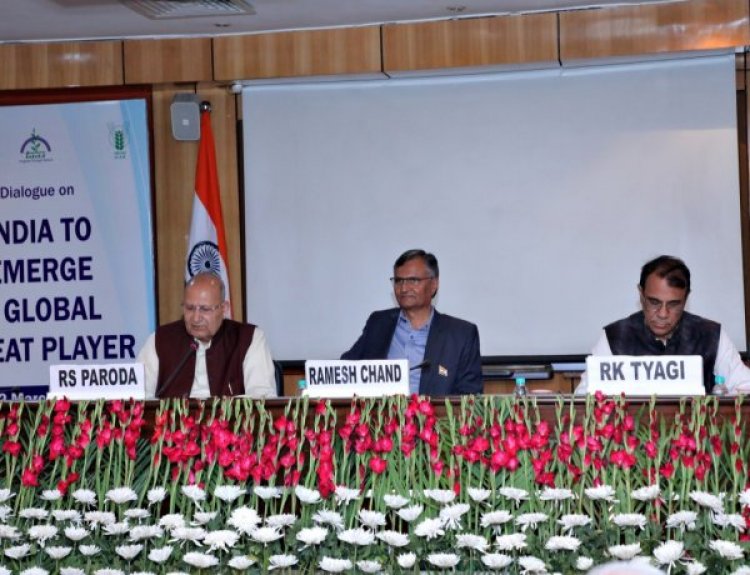
If India has to become a global leader in wheat production and increase its export, then there is a need to adopt technology, innovation and right policies. Shrinking land holdings and increasing population are a big challenge for India. In such a situation, it will have to increase production in a limited area. India can become a global leader in wheat production by improving research, innovation and policy. This conclusion emerged in a discussion held in Delhi, in which many experts gathered to talk about issues like domestic food security and becoming a major wheat producer at the global level. This dialogue was organized on the topic 'Strategy for India to become a global wheat player'.
This discussion was organized by the Trust for Advancement of Agricultural Sciences (TAAS), New Delhi in collaboration with the Indian Council of Agricultural Research (ICAR) and ICAR-Indian Institute of Wheat and Barley Research (IIWBR), Karnal at the National Agricultural Science Center (NASC), Pusa Delhi. 41 stakeholders including policy makers, regulators, researchers, farmers, farmer producer organizations (FPOs), exporters and private sector representatives participated. Many experts including Dr. Ramesh Chand (Member, NITI Aayog), Dr. RS Paroda (Founder President, TAAS), Dr. Gyanendra Singh (Director, ICAR-IIWBR), Dr. Satish Kumar (Principal Scientist, ICAR-IIWBR), Dr. PL Gautam (Chancellor, RCPAU) were present in this discussion.
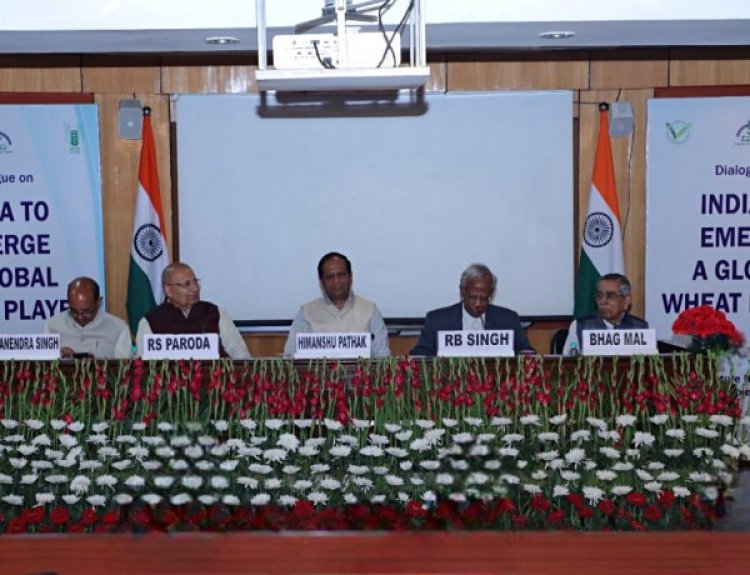
Recognizing the need to ensure domestic food security and also to become a major wheat player globally, the stakeholders emphasized an urgency to address the current production challenges, enhance production, explore export promotion strategy, and meet specific quarantine and sanitary and phytosanitary (SPS) requirements for international trade. This Policy Brief outlines the consolidated research, development and policy related recommendations that can help India emerge as a major global player.
According to the experts, India has considerable potential to increase wheat productivity without horizontal expansion of cultivated area. This can be achieved by increasing the current national average from 3.66 t/ha to around 5 t/ha. In this regard, the Indian wheat program with active role of ICAR-IIWBR, could play an important role by using diverse genetic diversity to improve yield potential, and having a robust pre-breeding national network involving ICAR-IIWBR, major wheat research institutions/SAUs and CIMMYT/ICARDA.
Despite the high yield potential (over 8.0 t/ha) for some improved varieties, a significant gap exists both at the research farms and farmers’ fields. To bridge this gap, the ICAR-IIWBR needs to collaborate with state agriculture departments in different agro ecological regions, and to assess the reasons behind existing yield gaps.
The grain quality is the most critical to accelerate wheat export, and hence we need to lay greater thrust now on the quality improvement to meet international requirements as well as standards. Therefore, research efforts need to lay greater focus on quality improvement as well as on value-added wheat products such as flour, pasta and biscuits.
To ensure long-term disease management, it is essential to strengthen basic research for developing wheat varieties possessing inherent resistance to Karnal bunt, and other diseases like blast. There is a need to conduct research on developing alternate phytosanitary treatments to mitigate the pest risks associated with wheat exports while minimizing reliance on traditional chemical methods.
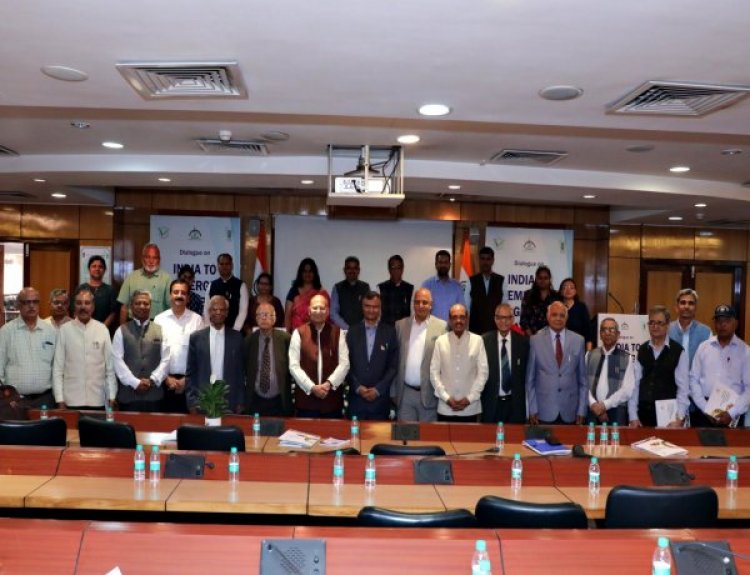
Strategically, it will be better to designate pest and disease-free zones, focused mainly on wheat production aimed at exports. This will enhance India’s credibility and marketability in the eyes of international buyers. Also, there is a need to streamline the export clearance process through rigorous but quick phytosanitary inspections and needed government clearances.
A Biosafety Level 3 (BSL 3) facility at the ICAR-IIWBR Regional Station, Flowerdale, Shimla, has to be established for an early detection and characterization of new or emerging wheat rust variants in order to expedite the development of rust-resistant wheat varieties.
In order to minimize post-harvest losses, there is an urgent need to create modern grain storage facilities such as silos using good storage practices (GSP). Hence, creation of infrastructure for safe wheat storage having proper temperature and humidity control in designated export zones is highly justified. The farmers need to be empowered through effective communication and innovative extension services for faster technology adoption, with major focus now on public-private partnership.
For planned production and marketing, both within and outside India, the Regional Wheat Varietal Atlases are required to be developed for specific regions. These atlases could serve as a valuable resource for: (i) analyzing varietal distribution patterns that help predict future market demands (e.g. high-protein for bread, durum for pasta), (ii) understanding regional potential for strengthening breeding programs to develop specific varieties, and (iii) taking informed decisions on resource allocation for research, extension, and seed production to meet rising market demands.



 Join the RuralVoice whatsapp group
Join the RuralVoice whatsapp group

















